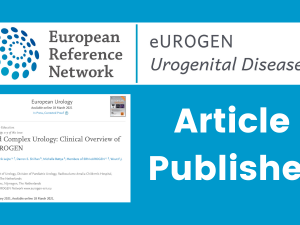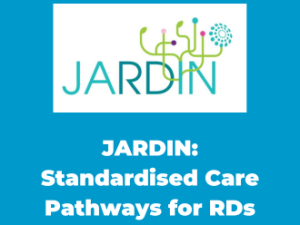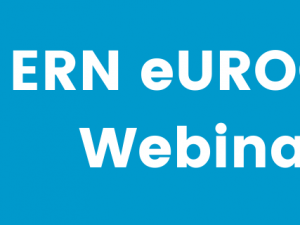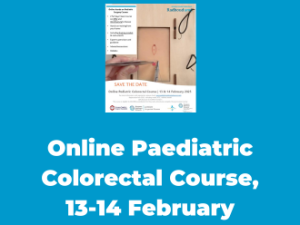 The eUROGEN Coordination Team are actively working with the European Commission to agree the Grant Agreement to set up the eUROGEN patient registry (our submitted proposal is on the ECP), which as for all 24 ERNs will contain the 16 Joint Research Centre core data elements plus several uro-recto-genital-specific data elements. We hope to sign the Grant Agreement in the next couple of months.
The eUROGEN Coordination Team are actively working with the European Commission to agree the Grant Agreement to set up the eUROGEN patient registry (our submitted proposal is on the ECP), which as for all 24 ERNs will contain the 16 Joint Research Centre core data elements plus several uro-recto-genital-specific data elements. We hope to sign the Grant Agreement in the next couple of months.
There will be a pilot phase of the registry where clinicians from all eUROGEN healthcare providers will be asked to register their most recent 30 rare cases in an anonymous way. The pilot phase will allow us to get used to the registry and to perform a clinical snapshot of the current practices, i.e. to compare the clinical management of these cases among the expert centres across Europe.
In addition, we will start to integrate four existing rare uro-recto-genital disease-specific registries into the eUROGEN registry, assessing interoperability and the data elements to be imported. We will also prepare the next expansion phase of the registry by collecting informed consent forms from patients, incorporating user suggestions from the pilot phase and enlarging the eUROGEN registry data set. Thus, the main outputs will be the operational registry, its governance and the expansion plan, the synchronization protocol, the practice variation study and patient cohorts for future research and clinical trials.
The eUROGEN registry for all 114 rare uro-recto-genital diseases will benefit patients and their families who go through a diagnosis odyssey, and the clinicians who will learn about rare conditions and get new insights into the best treatment options. Due to the rare and complex nature of the diseases covered by eUROGEN, this scale of data collection is not possible at the national level.





